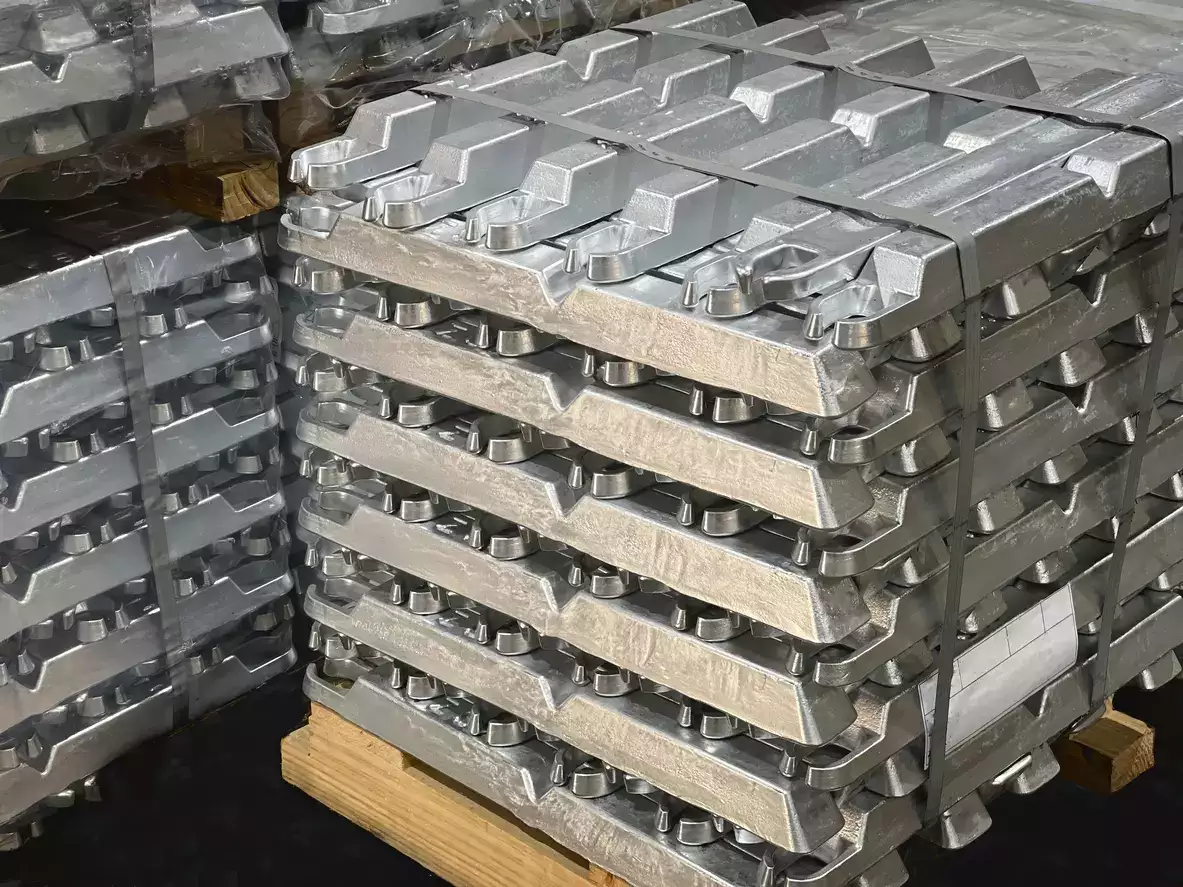 India’s aluminium sector has already invested over INR 1.5 lakh crore (approximately £1.5 billion) to expand production capacity to 4.2 million tonnes per annum (MTPA).
India’s aluminium sector has already invested over INR 1.5 lakh crore (approximately £1.5 billion) to expand production capacity to 4.2 million tonnes per annum (MTPA).The Aluminium Association of India (AAI) has submitted a pre-budget proposal to the Department for Promotion of Industry and Internal Trade (DPIIT) under India’s Ministry of Commerce, requesting enhanced import protection to safeguard the domestic market and attract new investments. This step aims to make India self-sufficient in aluminium production, a sector critical for national development and strategic applications. The AAI proposes an increase in import duties on primary and downstream aluminium products, emphasising the metal’s importance in achieving India’s vision of becoming a developed nation by 2047.
Aluminium is integral to a range of sectors, including defence, aerospace, renewables, electric vehicles, power transmission, and sustainable infrastructure. Despite this, India’s per capita aluminium consumption is just 3 kg per annum, well below the global average of 12 kg. According to the AAI, higher aluminium usage is typical of advanced economies, with nations like the USA, Malaysia, and Indonesia recognising aluminium as a strategic sector.
Domestic industry seeks investment support
“In recent years, imports of primary aluminium have doubled, while there has been a significant increase in low-quality scrap and downstream products, especially from China,” stated the AAI in its representation.
India’s aluminium sector has already invested over INR 1.5 lakh crore (approximately £1.5 billion) to expand production capacity to 4.2 million tonnes per annum (MTPA). However, to meet an anticipated domestic demand of 10 MTPA by 2030, the industry will require an additional investment of INR 3 lakh crore (£3 billion) over the next six years, generating substantial employment within India.
Industry leaders argue that an influx of imports is discouraging fresh investments, largely due to low import duties on primary and downstream products. This situation contrasts starkly with other non-ferrous metals, where duties on scrap and primary products are aligned. The AAI has called on the central government to increase the import duty on primary and downstream products to 10% from the existing 7.5%, as well as to set the duty on aluminium scrap at 7.5% to align with other aluminium products.
Encouraging sustainable growth and a circular economy
The AAI also asserts that these measures would promote the recycling of domestic scrap and limit the import of lower-quality foreign scrap, thereby bolstering India’s circular economy. The association underscores the need for policies that drive industry growth while enhancing global competitiveness and sustainability.
To further ease industry pressures, which already contend with high tax and regulatory charges, the AAI emphasises the necessity of rationalising duties on essential raw materials. Current costs for the domestic aluminium industry include approximately 17% for taxes, levies, and regulatory compliance charges. Reducing these would offer much-needed relief and foster further investments, which so far have generated over 800,000 direct and indirect jobs and spurred growth for more than 4,000 small and medium enterprises across remote regions.
AAI estimates that an additional investment of INR 3 lakh crore (£3 billion) to meet rising demand would align with the Prime Minister’s “Atmanirbhar Bharat” (Self-reliant India) vision and could create 2 million employment opportunities nationwide. With support from the government in the form of duty adjustments and import restrictions, domestic producers are confident in their ability to play a pivotal role in India’s journey towards self-reliance.
